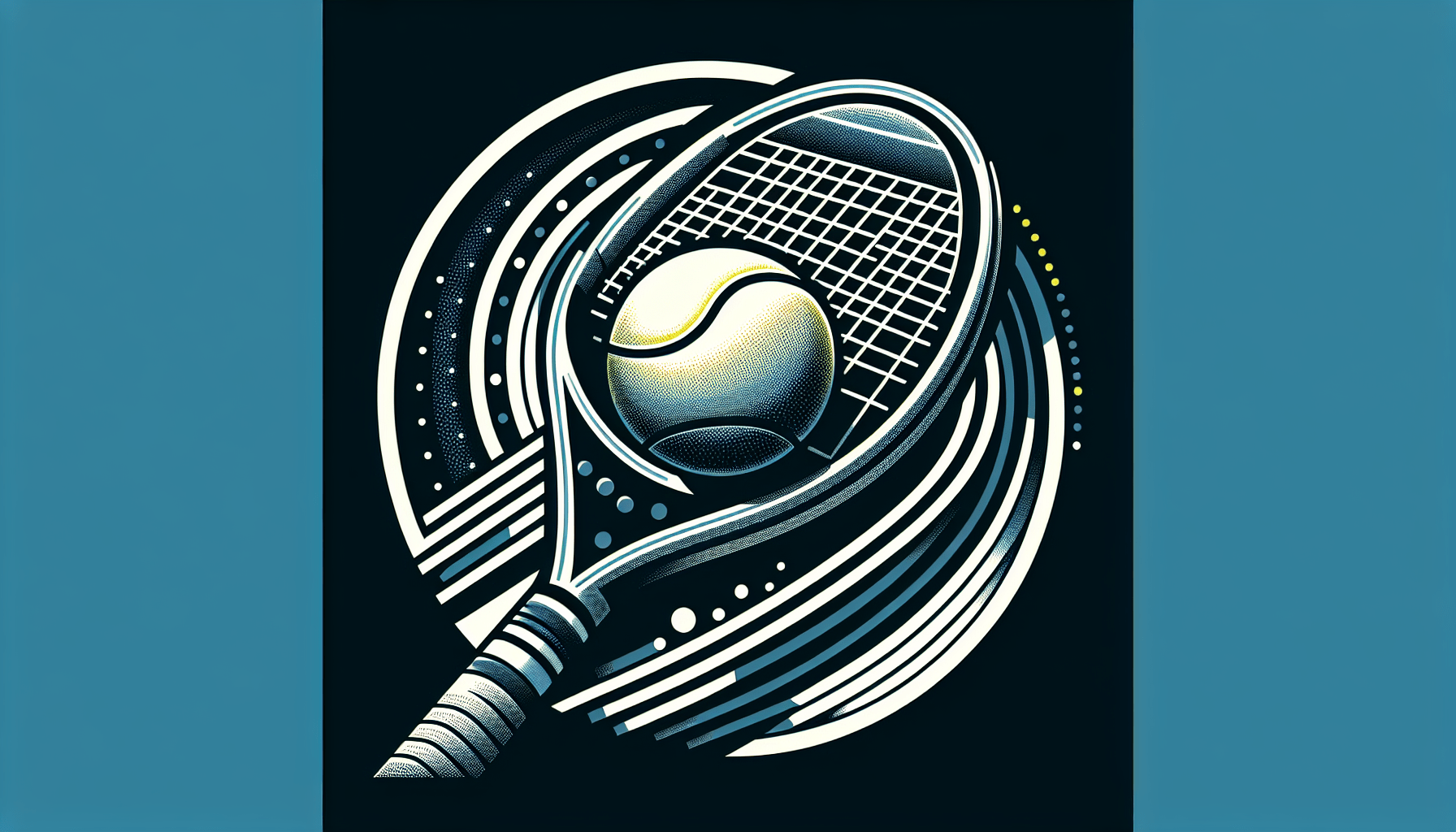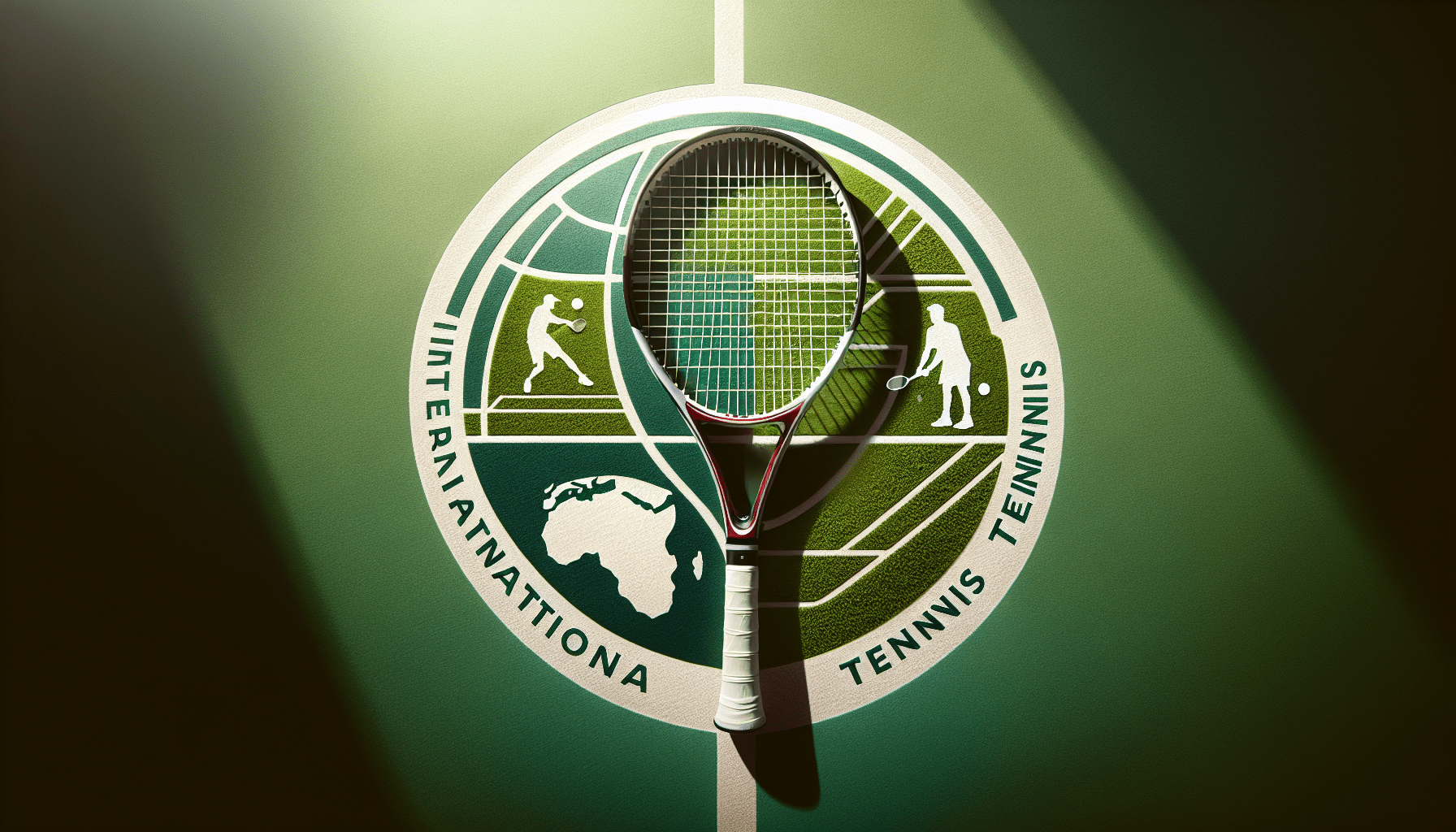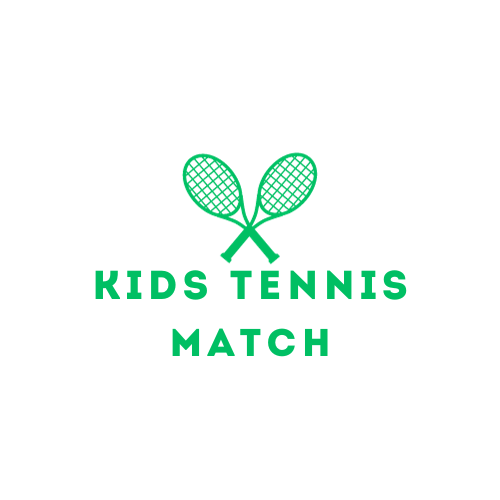What Is ITF Junior?
Have you ever wondered what ITF Junior is all about? If you’re curious about the world of junior tennis, you’ve come to the right place. ITF Junior is a competitive tennis circuit for young players looking to develop their skills and advance their careers in the sport. Let’s explore the world of ITF Junior and what it has to offer for aspiring tennis players like yourself.
Understanding ITF Junior
ITF Junior, short for International Tennis Federation Junior, is a series of tournaments designed for junior tennis players aged 18 and under. These tournaments provide young players with the opportunity to compete against their peers from around the world and gain valuable experience on the court. From local competitions to prestigious international events, ITF Junior offers a wide range of tournaments for players of all skill levels.
Tournament Structure
ITF Junior tournaments are divided into different levels based on the level of competition and the number of ranking points available. The highest level of competition is Grade A tournaments, followed by Grade 1, Grade 2, Grade 3, Grade 4, and Grade 5 tournaments. Players can earn ranking points based on their performance in these tournaments, which can help them improve their rankings and qualify for higher-level events in the future.
Grade A Tournaments
Grade A tournaments are the most prestigious events in the ITF Junior circuit, attracting the top-ranked players from around the world. These tournaments offer the highest number of ranking points and provide players with the opportunity to showcase their skills on a global stage. Winning a Grade A tournament is a significant achievement for any junior player and can help them attract the attention of college coaches and professional scouts.
Grade 1-5 Tournaments
Grade 1-5 tournaments are also important stepping stones for junior players looking to climb the rankings and gain valuable experience on the court. While these tournaments may not offer as many ranking points as Grade A events, they provide players with the opportunity to compete against a variety of opponents and test their skills in different playing conditions. Participating in Grade 1-5 tournaments can help players develop their game and prepare them for the challenges of higher-level competition.

Eligibility and Age Categories
To compete in ITF Junior tournaments, players must meet certain eligibility requirements based on their age and ranking. Players are divided into different age categories, including Under 18, Under 16, Under 14, and Under 12, with each category catering to players of different skill levels and experience. Younger players can gain valuable tournament experience by competing in lower age categories before moving up to the Under 18 level.
Under 18 Category
The Under 18 category is the highest level of competition in ITF Junior, featuring the top-ranked junior players from around the world. Players in this category are typically between the ages of 16 and 18 and are looking to compete at the highest level of junior tennis. Winning tournaments and earning ranking points in the Under 18 category can help players attract the attention of college coaches, professional scouts, and sponsors.
Under 16 and Under 14 Categories
The Under 16 and Under 14 categories cater to younger players who are looking to gain experience on the ITF Junior circuit and improve their skills on the court. These categories provide players with the opportunity to compete against players of a similar age and skill level and prepare them for the challenges of higher-level competition in the future. Participating in Under 16 and Under 14 tournaments can help players develop their game and build their confidence on the court.
Under 12 Category
The Under 12 category is designed for the youngest players in the ITF Junior circuit, providing them with the opportunity to compete in a competitive and supportive environment. Players in this category are typically between the ages of 10 and 12 and are just starting their journey in junior tennis. Participating in Under 12 tournaments can help players develop their skills, gain tournament experience, and build a strong foundation for their future in the sport.
Ranking System
The ITF Junior ranking system is used to determine the rankings of junior players based on their performance in tournaments throughout the year. Players earn ranking points based on their performance in ITF Junior tournaments, with more points awarded for higher-level events. The rankings are updated on a weekly basis and are used to determine the seedings for upcoming tournaments and events.
How Ranking Points Are Awarded
Ranking points are awarded based on a player’s performance in each tournament, with more points awarded for advancing further in the tournament. Winning matches and reaching the later rounds of a tournament can help players earn more ranking points and improve their position in the rankings. Players can also earn bonus points for defeating higher-ranked opponents and winning prestigious events.
Importance of Rankings
Rankings play a crucial role in the world of junior tennis, as they determine the seedings for tournaments and events and can help players attract the attention of college coaches and professional scouts. Players with higher rankings are more likely to receive direct entry into prestigious tournaments and receive invitations to training camps and other developmental programs. Improving your ranking is key to advancing your career in junior tennis and achieving your goals on the court.

Benefits of ITF Junior
Participating in ITF Junior tournaments offers a wide range of benefits for young players looking to develop their skills and advance their careers in tennis. From gaining tournament experience to improving their rankings and attracting the attention of college coaches and professional scouts, ITF Junior provides players with the tools they need to succeed on the court and achieve their goals in the sport.
Development Opportunities
ITF Junior tournaments provide players with the opportunity to develop their skills and improve their game through competitive match play. Competing against players from around the world can help players gain valuable experience on the court and test their skills in different playing conditions. The challenges of tournament play can help players grow as athletes and develop the mental toughness needed to succeed in the sport.
Exposure and Recognition
Winning tournaments and earning ranking points in ITF Junior events can help players attract the attention of college coaches, professional scouts, and sponsors. Players with high rankings are more likely to receive invitations to top training camps, receive college scholarship offers, and secure sponsorship deals. Participating in ITF Junior tournaments can help players gain exposure and recognition within the tennis community and open up opportunities for further development in the sport.
Pathway to Professional Tennis
For many junior players, ITF Junior serves as a stepping stone to a career in professional tennis. By competing in ITF Junior tournaments and earning ranking points, players can qualify for higher-level events and gain the experience and exposure needed to make the transition to the professional circuit. Many top professional players got their start in junior tennis and used the ITF Junior circuit as a launching pad for their careers in the sport.
Conclusion
In conclusion, ITF Junior offers young tennis players a unique opportunity to develop their skills, gain experience on the court, and advance their careers in the sport. By participating in ITF Junior tournaments, players can improve their rankings, attract the attention of college coaches and professional scouts, and pave the way for a successful career in professional tennis. Whether you’re a seasoned player looking to climb the rankings or a beginner just starting your journey in the sport, ITF Junior has something to offer for players of all ages and skill levels. So why wait? Start your journey in the world of ITF Junior today and take the first step towards achieving your tennis goals.

